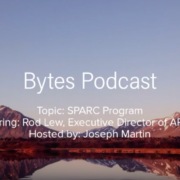May is nationally recognized as Asian Pacific American Heritage Month – a celebration of the diverse cultures and experiences of Asian Americans and Pacific Islanders living in the United States.
May 10th is Asian Pacific American Mental Health Awareness Day in the State of California.
It has been well documented that stress is a risk factor for various physical and mental health issues such as diabetes, cardiovascular disease, and depression.
Recently, one study has also linked increased tobacco use with high levels of stress among Samoan smokers in California. Find it here.
Our partners at Hui Mālama Ola Nā ʻŌiwi in Hilo, Hawaiʻi shared some tips from their April 2019 Newsletter on healthy ways to manage stress. Everyone responds and manages with stress differently. The first step to adopting healthy coping behaviors is to identify stressors and recognize signs of stress. Are you feeling angry or depressed? What is making you feel these emotions?
Identify people who you can turn to for support. When needed, reach out to family members, friends, or your community for help. Ask them to join you in stress relief activities, it can be as simple as talking story or going out for a hike at a nearby trail. If you have persistent feelings of stress it may be good idea to see a licensed mental health professional.
Visit the Substance Abuse and Mental Health Services Administration here for more resources on mental and behavioral health.



